As we’re well into March, my thoughts are turning to gardening. For me, gardening is a hobby. While my homegrown produce tastes better than anything I’d buy at the grocery store, I could, with much less sweat, simply buy a few more veggies. But where’s the fun in that?
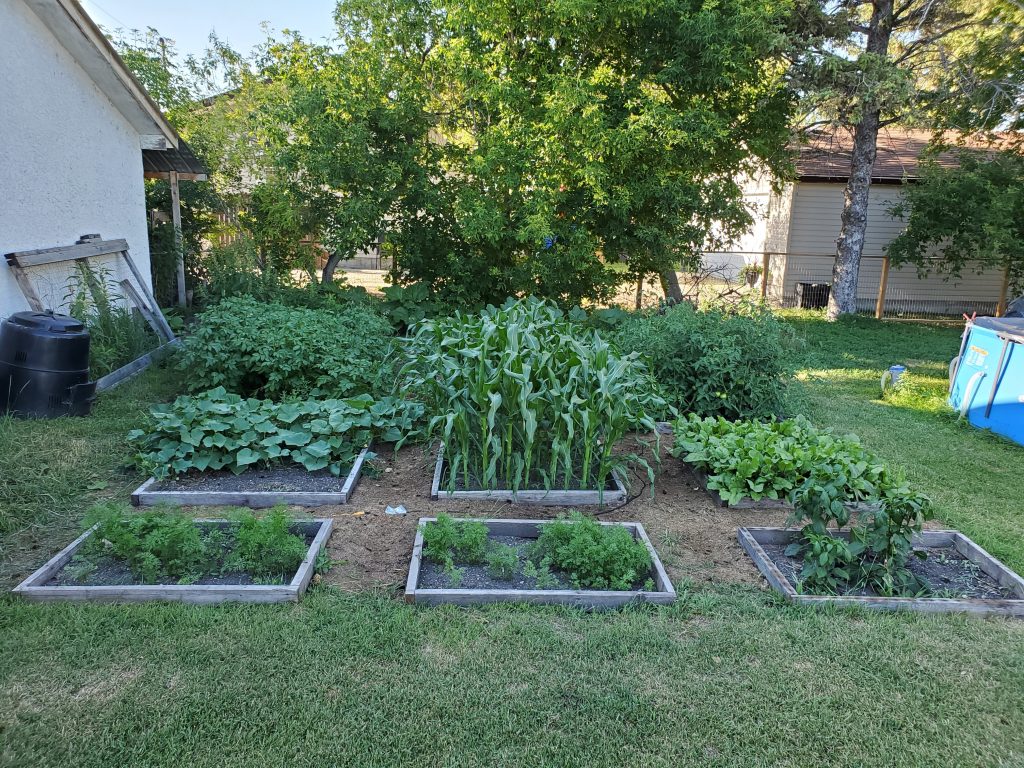
I grew up in a family that gardened. Vegetables, flowers, fruit trees – my family grew it all. While we ate a lot of it fresh, much was canned or frozen for later use.
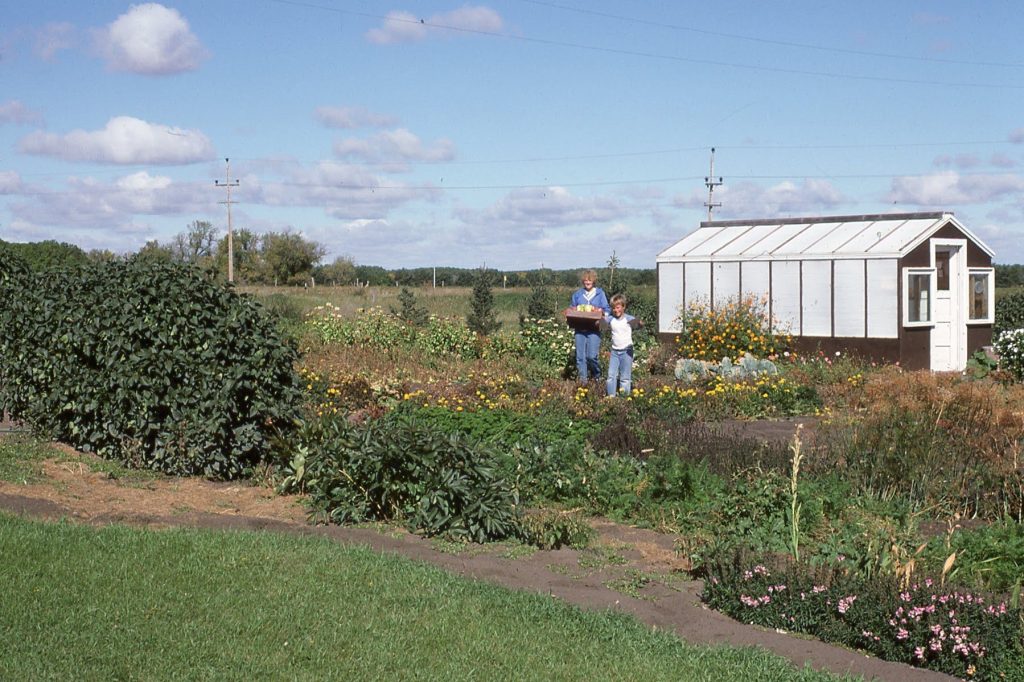
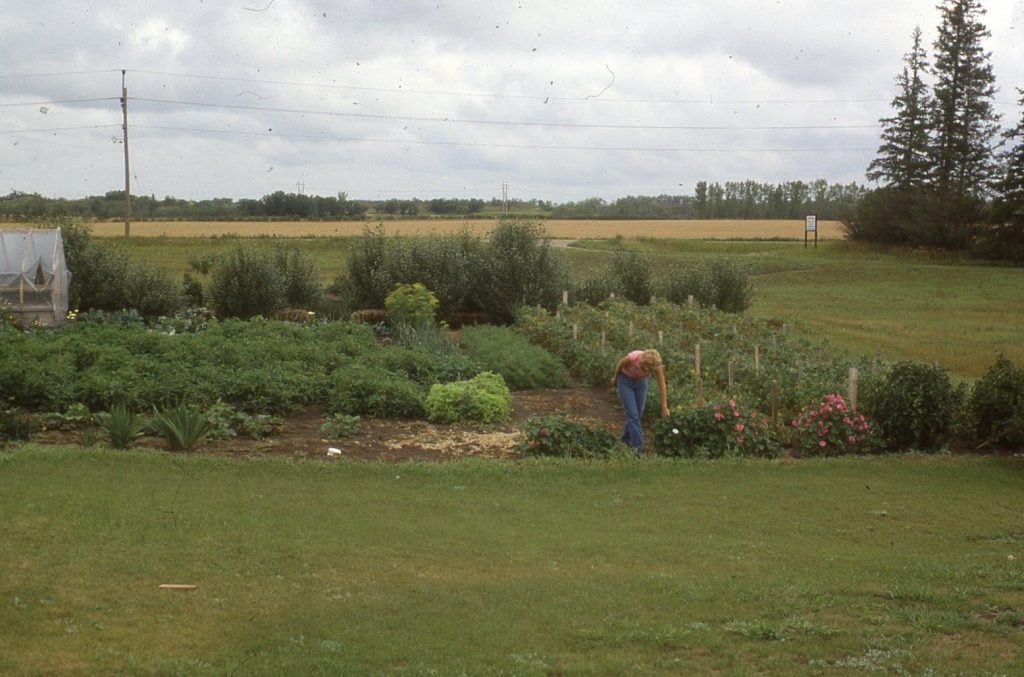
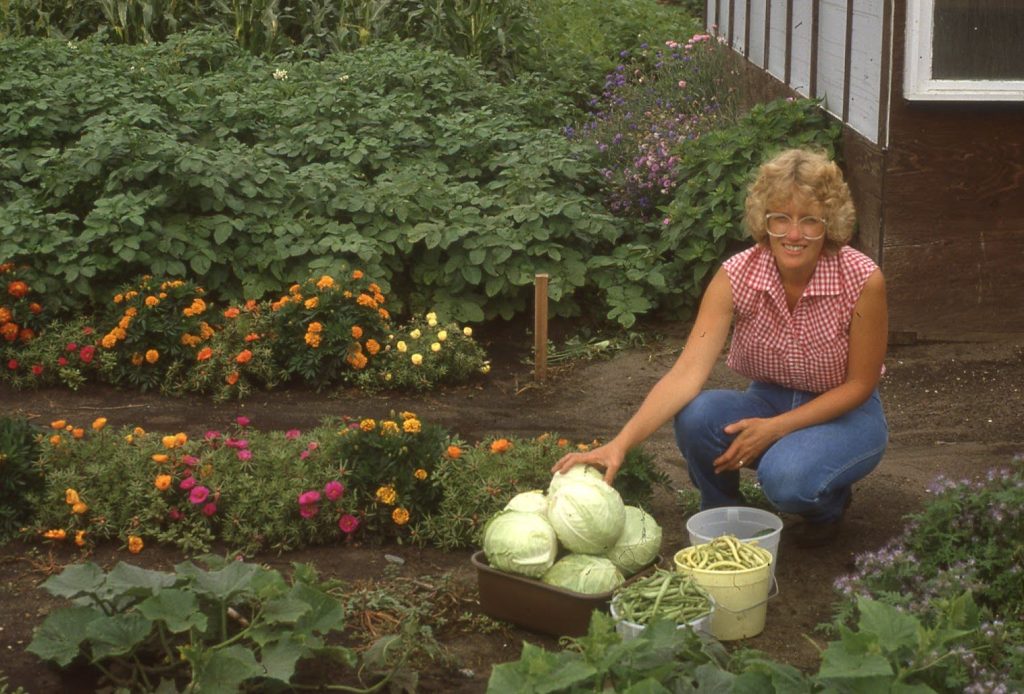
This pattern was not confined to my immediate family – many of my many aunts and uncles also gardened and preserved. They would have learned it from my grandparents who tended large gardens and for whom it was much closer to a necessity than a hobby. Without the produce of their large gardens, meals would have been meager affairs. For them, gardening meant food.
~
I recently finished this history of the Canadian terminals of the Underground Railroad that my local library was highlighting in February for Black History Month.
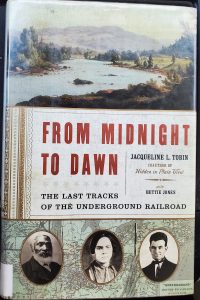
The book details the people and places that were at the end of the line for those escaping slavery – ‘midnight’ was the code name for Detroit as it was the last stop for many before the ‘dawn’ of a new day – freedom in Canada. Thousands of slaves that fled from the United States to Canada settled in southern Ontario, forming communities in the areas around what are now Windsor and St. Catherines. As you might imagine, they typically arrived without material possessions. They did, however, come with plenty of agricultural expertise.
One of the priorities of these ex-slaves was to foster independence and not have to rely on the charity of sympathetic whites. This was a noted point of pride – to demonstrate that they could make it on their own and were not – contrary to what many white people believed – ‘an inferior race’. Hence, they emphasized growing their own food. New comers to these communities were sometimes provided with basic agricultural implements and expected to keep large gardens in order for them and their community to be self-reliant. For them, gardening meant freedom.
~
Years ago, I bought a book called Radical Homemakers.
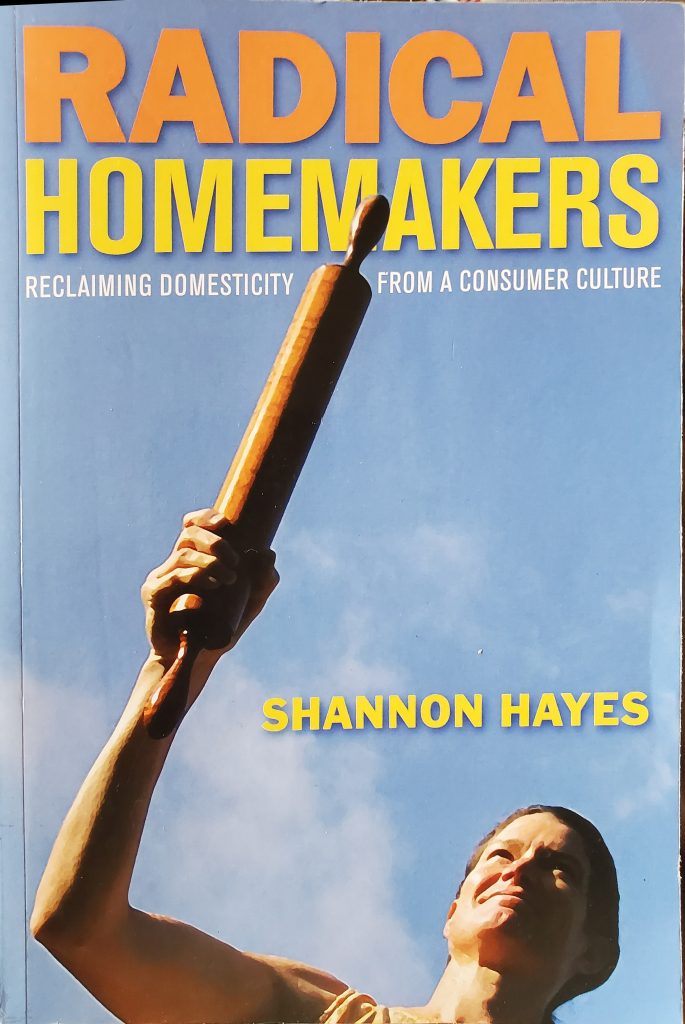
While it’s been a while since I read it, I recall it’s general thrust being that doing things for one’s self or one’s local community is an empowering act of resistance against the economic and social forces that push us to simply be consumers rather than growers, creators, and producers. It emphasizes that we have agency; we don’t have to be passively accept whatever the ‘economy’ pushes us towards regardless of the cost to ourselves, our communities, and our ecosystem. Here’s the description from the back of the book:
“Radical Homemakers is about [people] who focus on home and hearth as a political and ecological act; who center their lives around family and community for personal fulfillment and cultural change. It explores what domesticity looks like in an era that has benefited from feminism; where domination and oppression are cast aside, where the choice to stay home is no longer equated with mind-numbing drudgery, economic insecurity, or relentless servitude. [Radical Homemakers is about] empowerment, transformation, happiness, and casting aside the pressures of a consumer culture to live in a world where money loses its power to relationships, independent thought, and creativity. If you ever considered quitting a job to plant tomatoes, read to a child, pursue creative work, can green beans and heal the planet, this is your book.“
For Hayes, gardening is, in part, an act of resistance and renewal, and ultimately about relationship with the earth, self, and community.
~
Yes, for me gardening is mainly a hobby, but it is one that connects me to the earth, to my food, to the past as I remember my childhood and the gardening lore I absorbed from my parents, to the future as I plant seeds and dig potatoes with my kids, to my neighbours when I bring them fresh tomatoes and cucumbers, to my family as I work side by side with them in the summer sun, to my co-workers as we swap gardening experiences and tips.
Fun. Food. Freedom. Relationship. What’s not to love?
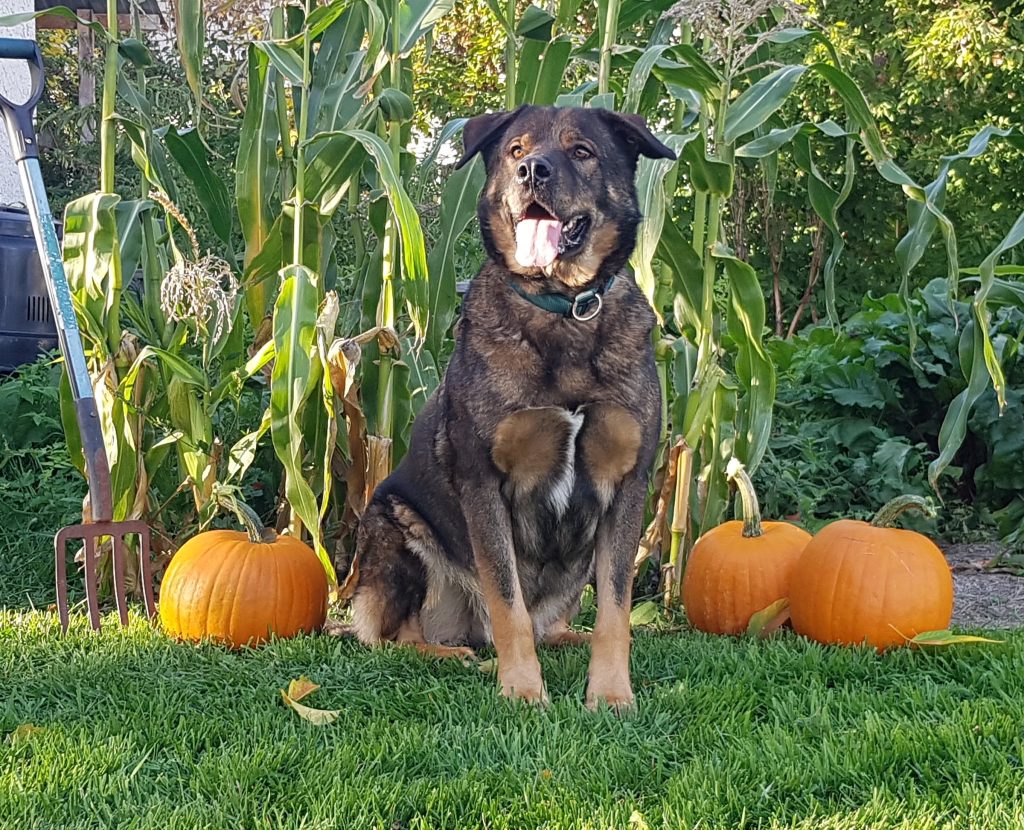
Leave a Reply